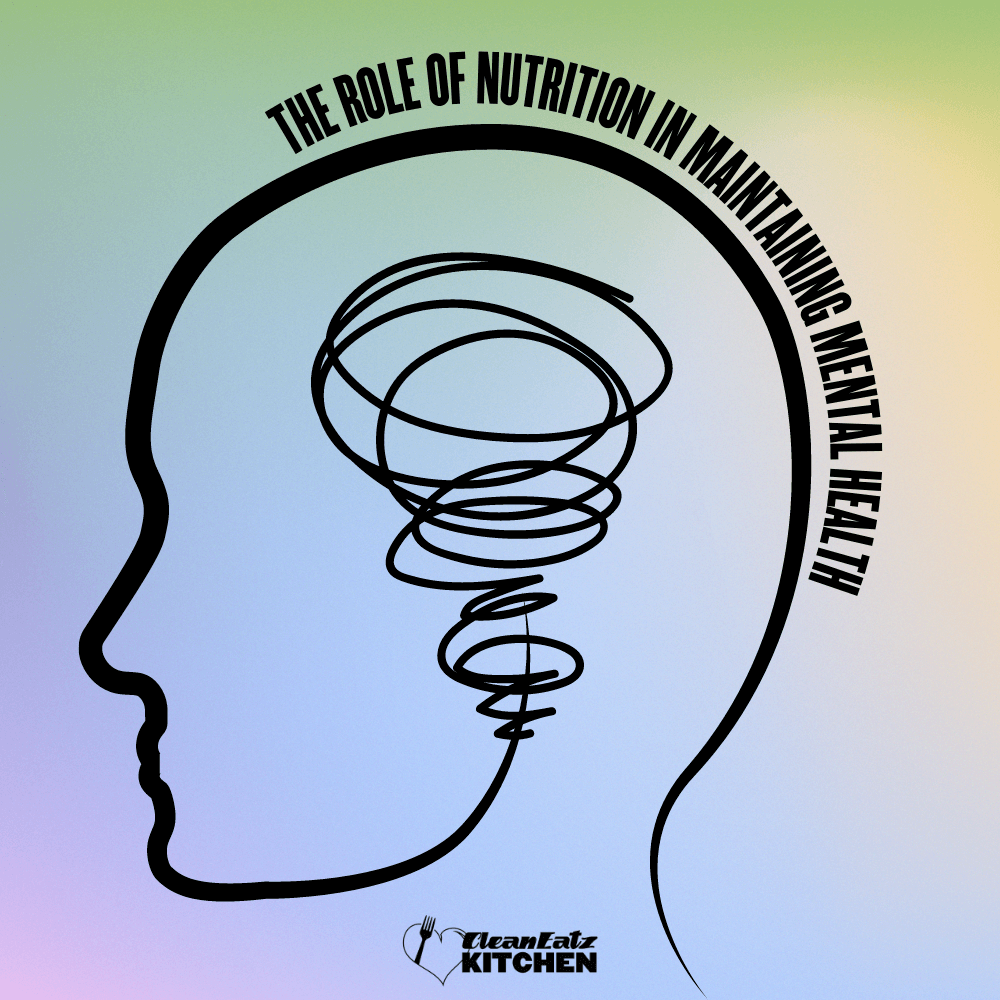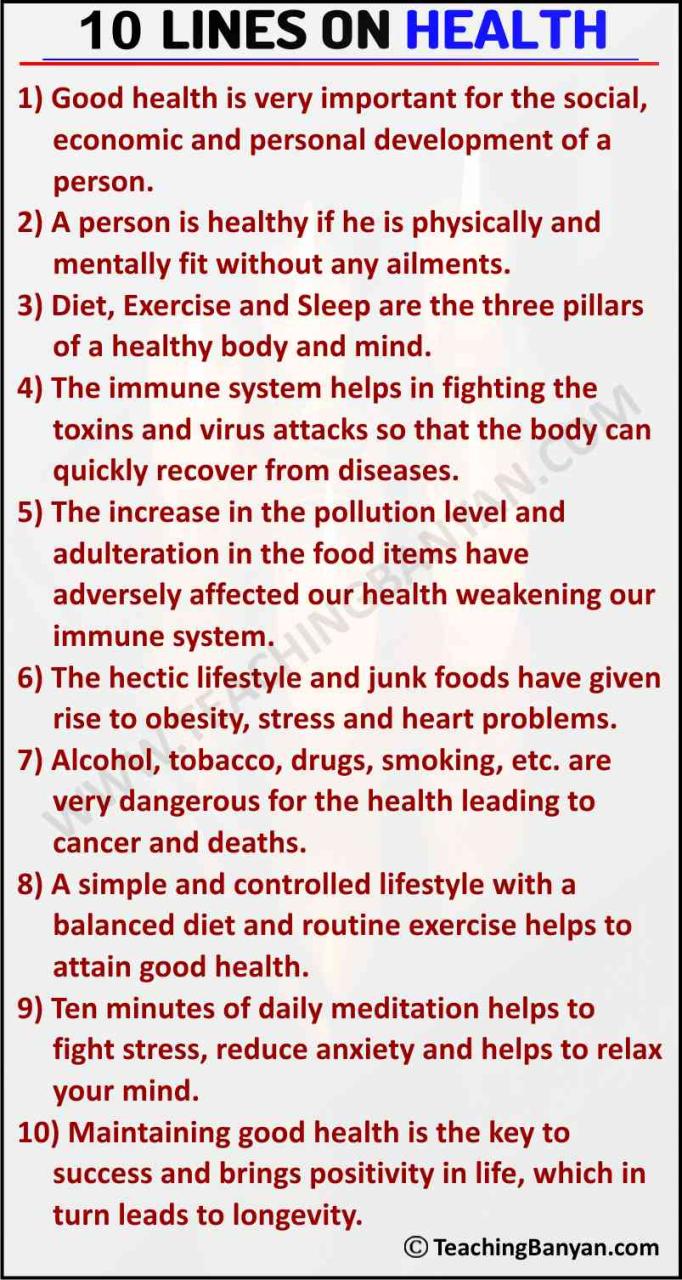
There’s no denying that a balanced diet is crucial for good health. But did you know that certain foods have been proven to have particularly powerful health benefits? These “superfoods” are packed with nutrients and antioxidants that can help prevent disease and promote longevity.
Here are some of the top superfoods to add to your diet:

1. Blueberries

These tiny berries are packed with antioxidants, which protect cells from damage and ward off disease. Studies have shown that eating blueberries can improve brain function and memory, lower blood pressure, and reduce the risk of heart disease and cancer.
2. Kale

This leafy green vegetable is one of the most nutrient-dense foods on the planet. It’s an excellent source of vitamin C, vitamin K, iron, and fiber. Kale has been shown to help lower cholesterol, reduce inflammation, and improve digestion.
3. Salmon

Salmon is an excellent source of omega-3 fatty acids, which have been shown to reduce inflammation, improve brain function, and lower the risk of heart disease. Eating salmon has also been linked to reduced risk of depression and improved sleep quality.
4. Chia Seeds

These tiny seeds are a nutritional powerhouse! They’re an excellent source of fiber, protein, and omega-3 fatty acids. Eating chia seeds has been shown to help lower blood sugar and cholesterol levels, reduce inflammation, and aid in weight loss.
5. Avocado

This delicious fruit is packed with heart-healthy monounsaturated fats, fiber, and antioxidants. Eating avocados has been shown to lower cholesterol levels, reduce inflammation, and improve heart health.
Adding superfoods to your diet is a simple and delicious way to promote optimal health. Try incorporating these foods into your meals, and enjoy the benefits of good nutrition!
























